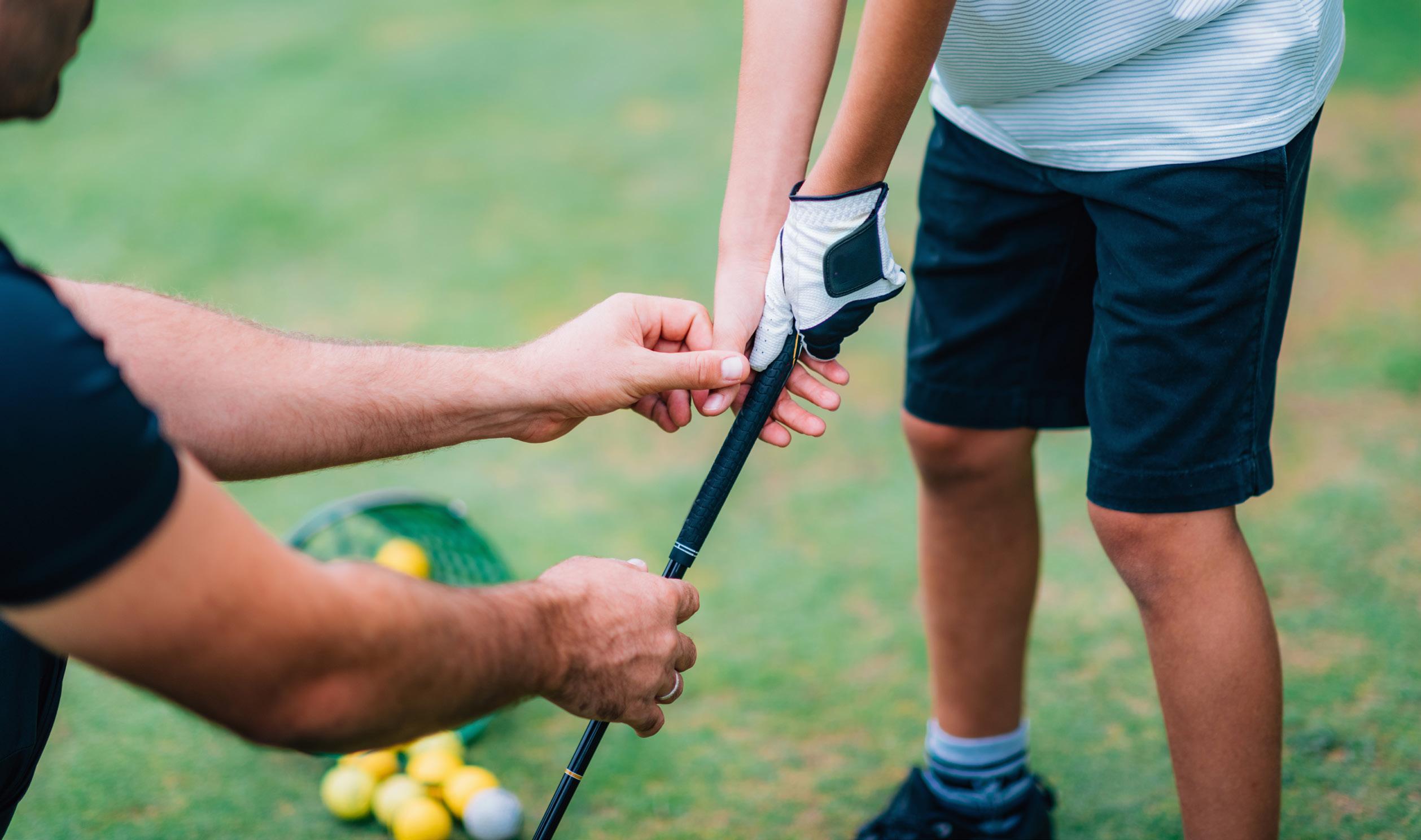
5 minute read
On the Buckle
LP
Have Horse, Will Travel
Advertisement
by Whitney Weston
I’ve had the pleasure of matching horses and riders for a number of families who are purchasing their first horse. It is such a joy watching the love and bond between horse and human grow. Owning a horse is a huge responsibility, and my goal as trainer is to prepare and educate new horse families, not only while riding but also in caring for them while off the horse. We talk nutrition, lifestyle, health care, exercise, competition and goals. In order to take advantage of all the equine activities in the Sandhills, I encourage horse owners to have a truck and trailer available to use for veterinary and weather emergencies, and as a way to haul to lessons and shows. Owning a “rig” gives the horse family freedom to try different types of coaching, practice away from the barn, to compete at shows and be able to transport the horse in case of emergency. Over the years I have found a few tips that help for an easier and safer trip for first-timers.
Equipment
There are many options for towing a trailer, but the most important is to have a truck with a towing capacity to safely haul your trailer. After hitching up your trailer, double-check that the hitch is locked and that the safety chains and emergency brake cable are positioned properly. Make sure there are lots of fluffy shavings to bed the trailer so the horse has a soft ride and reduced injury from stepping on himself. There are also a variety of horse leg bandages (shipping boots) that keep their legs safe from kicks and scrapes. Keep your horse entertained with a hay snack. Tie the haybag or net inside the trailer high off the floor so the horse’s hooves don’t get caught. You will need to make sure your horse’s halter is made of leather or has a leather breakaway strap. In the event a horse gets stuck or trapped and panics, we want the leather to break so the horse can safely free himself. When a horse panics, it usually pulls back against the trailer. That is why we also never tie the horse’s halter to the inside of the trailer unless it is with a velcro breakaway strap. The velcro will give way with a large amount of pressure when needed. Nylon and bungee-type ropes tend to cause trouble.
At some point in your travels, you will get a flat tire. Have a spare handy, along with a tire iron and jack. Also bring a toolkit and fire extinguisher. At this point in my career I have changed so many trailer tires that my personal record is 10 minutes! Just wait, you’ll get that much experience too.
Loading your Horse
Make sure your horse is able to comfortably walk onto the trailer, ideally without much fuss! If your horse objects to loading, get help from a trainer who is experienced in groundwork and trailering, and learn these techniques so that loading is easy when you are heading to show or to the veterinarian. In areas where flooding, wildfire or other hazards can threaten, you may need to pack up and evacuate quickly.
Hauling vs. Driving
Imagine driving with a bowling ball in the trunk of your car, rolling and bumping around. Now imagine that bowling ball is a horse in a trailer behind you! Horses are constantly balancing and shifting weight while they trailer, since they are standing up and not wearing seat belts. If the driver suddenly brakes, accelerates, or turns sharply, the horse is thrown into the wall (or “divider”) and in bad cases, can fall and get injured. To keep our horses safe and calm, plan on leaving several extra car spaces between your truck and the car in front of you. Brake slowly! Turns must be done slowly and made extra wide to accommodate the trailer length.
Take your Time
Always plan for extra time in your journey. Driving a rig takes more time to brake, accelerate and turn, so don’t trust the GPS ETA. I recommend adding a solid 15 minutes to every planned hour of travel. Hauling a trailer also burns fuel faster, so there will be more pit stops than usual. Having extra time allows the driver to be more focused and less stressed for a safer trip.

Horse Care
Since our horses are constantly balancing in the trailer, they are in exercise mode. They should not be out of breath, but will have a higher internal temperature than usual and can sweat easily. Make sure they are not blanketed heavily and keep trailer vents open for better airflow. In the summer, we have fans turned on for longer trips.
It is very important that our horses stay hydrated. Without enough water, horses easily colic, which can be fatal. Bring water jugs from home so that the taste is familiar and offer it to your horses at every pit stop or more. If your horse is stressed by travel, he might choose not to drink water even if offered. In these cases, and especially in the summer, we feed electrolytes in our horse’s grain to encourage them to drink. Some horses prefer their water spiked with apple juice.
Safe travels!
PL
Whitney Weston is a professional horse trainer with more than 30 years of riding experience and competing at the international level of eventing for 15 years. She trains out of her Southern Pines farm through Valkyrie Sporthorses, and runs Southern Pines Riding Academy. Dr. Jordan Ridge, DDS
910-695-3100 | Now accepting new patients! Julie McNicol - Keller Williams Pinehurst Dream Home Specialist 115 Turnberry Way | Pinehurst, NC 28374 mcnicoljulie@kw.com Mobile: 915.217.9061 Each office is independently dreamhomespecialist.kw.com owned and operated.

HOME is not safe for everyone.
Friend to Friend is Here to Help.
24 Hour Crisis Line 910-947-3333
Domestic violence, sexual assault, or human trafficking emergency shelter, support, information, and referrals Emergency Shelter
A safe residence where our guests are given the opportunity and support to begin healing physically, emotionally, and mentally Court Advocacy 910-947-1703
Protective order assistance, court related questions, court accompaniment, and counseling services
Community Outreach
Provide information and education to the community about domestic violence, sexual assault, and human trafficking
Hospital Accompaniment
A trained advocate to provide immediate, inperson support to adult survivors of sexual assault available 24/7 Support Groups
Facilitated virtual support groups for survivors of domestic violence, sexual assault, and human trafficking.









